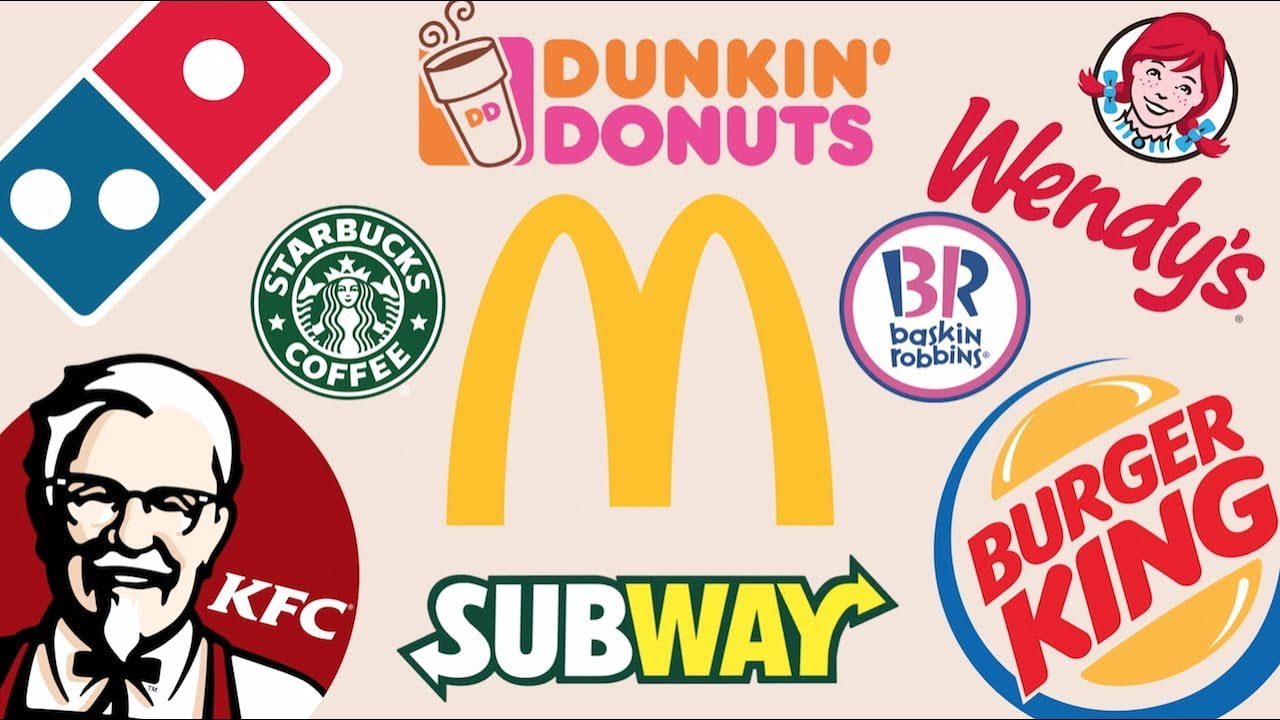Today, almost half (44%) of the world’s habitable land is used for agriculture. In the past few decades, the crop yield has also significantly increased due to various factors like improved farming techniques and better seeds. While there is abundance of food production to feed everyone, the problem of food insecurity still persists. Figures estimate that access to healthy food is unaffordable for almost 3.1 billion people worldwide. UN’s FAO defines food insecurity as a situation where “a person is considered food insecure when they lack regular access to enough safe and nutritious food for normal growth and development and an active and healthy life”. The fast-food chains that offer cheap, convenient, calorie-dense meals are one of the key contributors to the food insecurity problem across the globe.
Ironically, in many areas like Africa already grappling with food insecurity, there’s a large proliferation of fast-food restaurants. What seems to be a convenient and affordable solution to eradicate hunger is indeed turning out to a bane for human wellness. In reality fast-food encourages consumption of food without necessary nutrition leading to the development of obesity, heart disease, hypertension, diabetes, and other chronic diseases. In the book titled “Ultra-processed food – The Science Behind Food That Isn’t Food”, the author Chris van Tulleken – a scientist, doctor, and award-winning BBC broadcaster – has painstakingly marshalled the evidence to show how governments have allowed transnational food companies to create a pandemic of diet-related disease.
Why Fast Foods are Unhealthy?
All the views and opinions expressed are those of the author. Image Credit – Nicko’s Kitchen.
About the Author
Sreshta R is pursuing Bachelor of Management Studies (BMS) at Shaheed Sukhdev College of Business Studies.



